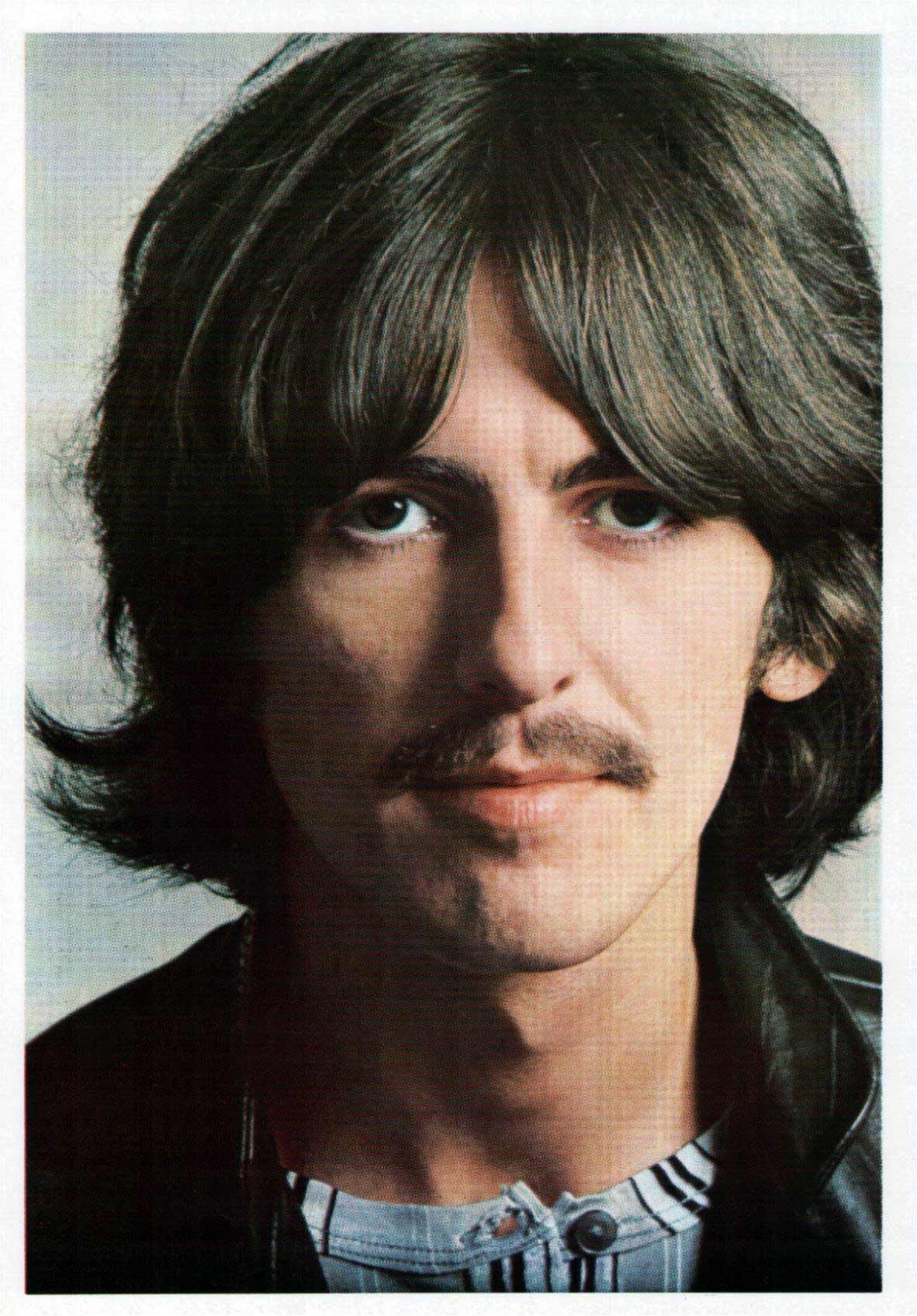George Harrison’s “My Sweet Lord” is a profound and spiritually uplifting song that became a landmark in his solo career. Released in 1970 on his triple album “All Things Must Pass,” the song stands out for its blend of rock and spiritual themes, showcasing Harrison’s deepening interest in Indian spirituality and his quest for divine connection.
Musically, “My Sweet Lord” features a rich and layered arrangement that combines Western rock elements with Eastern musical influences. The song opens with an acoustic guitar riff, which is soon joined by a chorus of harmonized vocals and a slide guitar, a signature of Harrison’s style. The production creates an expansive and meditative atmosphere, inviting listeners into a state of contemplation and reverence.
Lyrically, “My Sweet Lord” expresses a longing for spiritual enlightenment and a deep connection with the divine. The repetition of the phrases “Hallelujah” and “Hare Krishna” in the chorus underscores the universality of the spiritual quest, bridging Christian and Hindu traditions. Harrison’s lyrics convey a sincere yearning for divine love and an earnest desire to experience the presence of God.
The Impact and Legacy: “My Sweet Lord” was both a critical and commercial success, topping charts worldwide and earning acclaim for its heartfelt message and innovative fusion of musical styles. However, it also became the subject of a famous plagiarism lawsuit, where Harrison was found to have subconsciously copied the melody of “He’s So Fine” by The Chiffons. Despite the legal controversy, the song’s impact and spiritual resonance have endured.
George Harrison’s Spiritual Journey: The song reflects Harrison’s deep involvement with the Hare Krishna movement and his interest in Indian philosophy, which were significant influences on his life and music. “My Sweet Lord” became an anthem of spiritual awakening and helped introduce Eastern spiritual concepts to a Western audience.
In essence, “My Sweet Lord” by George Harrison is a timeless piece that transcends its era with its profound spiritual message and innovative blend of musical styles. It remains a testament to Harrison’s legacy as a musician who sought to explore and express the deeper meanings of life and spirituality through his art
